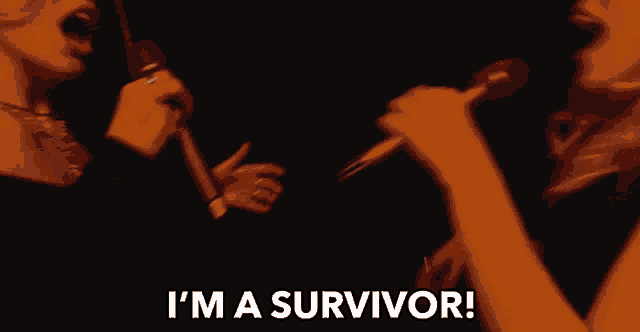For more than five years, Reddit user u/User2000ss lived with a persistent click in his jaw. The likely culprit? A boxing injury. Anytime he opened his mouth wide, it would shift or pop - sometimes painfully, but always annoyingly. He’d tried everything: pressing on the joint, doctor visits, even multiple MRIs. Nothing worked. So he chalked it up to permanent damage and moved on.
Then one day, almost on a whim, he asked ChatGPT what might be going on.
That spontaneous question triggered a chain of events that’s now blowing people’s minds.
ChatGPT explained that the issue might be a slightly displaced but still mobile jaw disc, a common component of TMJ disorders. It also suggested a controlled jaw-opening technique that emphasized tongue placement and symmetry, a physical therapy-inspired movement that helps retrain how the jaw opens.
"I followed the instructions for maybe a minute max and suddenly… no click," the original poster wrote. "I opened and closed my jaw over and over again and it tracked perfectly. Still no clicking today. After five years of just living with it, this AI gave me a fix in a minute. Unreal."
"After five years of just living with it, this AI gave me a fix in a minute. Unreal."
— u/User2000ss
This seemingly simple technique has sparked a wave of jaw-dropping reactions, literally and figuratively.
A viral fix that’s helping thousands
Since the post went live, the replies have been nothing short of astonishing. Comment after comment reads like something out of a medical miracle thread.
u/Calm_Opportunist replied, "Hahaha... wtf... You just fixed mine too. When I was a teenager some kid was a bit overeager in MMA class and it's cracked and clicked ever since. It just stopped because of this..."
u/PigleythePig chimed in: "Same! I’ve had this click in my jaw since I was 20. 17 years later and there’s a super simple fix. What the hell?"
Another user, u/wardendelete, summed up the disbelief many were feeling: "Wait wait wait, I have mine for over 8 years and it just gone away wtf."
"17 years later and there’s a super simple fix. What the hell?"
— u/PigleythePig
What is this magic trick?
The instructions, as shared later by u/User2000ss, were surprisingly straightforward:
- Sit upright with your spine straight and shoulders relaxed.
- Place the tip of your tongue on the roof of your mouth, just behind your front teeth.
- Lightly press a finger on the side of your jaw that clicks.
- Slowly open your mouth just until the point before it clicks.
- Hold for one second, then close.
- Repeat ten times, a few times a day.
This method, he says, likely strengthens the lateral pterygoid muscle, one of the deep muscles responsible for controlling jaw movement. And experts are chiming in to back it up.
A dentist, u/jwilson02, offered more context: “What you all are doing is manipulating your medial pterygoid muscle. Think of it like a kneecap that is very unstable and you are using your hand to hold it in place while you extend your leg.”
Other commenters pointed to helpful medical resources like the NHS jaw exercises and ENT clinic PDFs, which outline similar movement-based treatments.
"Think of it like a kneecap that is very unstable and you are using your hand to hold it in place."
— u/jwilson02, dentist
So is this the future of self-diagnosis?
As wild as this story sounds, it’s probably less about ChatGPT pulling some revolutionary insight from thin air, and more about connecting existing medical knowledge in a fast, user-friendly way.
The original poster had already been through traditional channels like MRIs, ENT appointments, dentist referrals. What he hadn’t gotten was this specific method, which appears to be common in TMJ-focused physical therapy.
Commenter u/Metakit said it best: “It’s unfortunately quite common for people with chronic and low severity ailments like OP to be simply moved around a system for a long time… An LLM can be useful in this respect… but it’s a far cry from genuinely innovating medical interventions.”
Still, the speed and accessibility of this experience left an impression. A fix that had eluded a team of professionals showed up in 60 seconds thanks to a well-worded prompt. And the fact that it’s working for so many others makes the story all the more compelling.
A note of caution
Not everyone experienced a miracle. A few users reported no change or temporary relief. As always, what works for one person may not work for another. TMJ disorders are complex, and persistent symptoms should always be checked by a medical professional.
Still, this unexpected AI win is giving hope to people who’d long given up.
And it’s sparking a bigger question: If this is what a chatbot can help with today… what comes next?





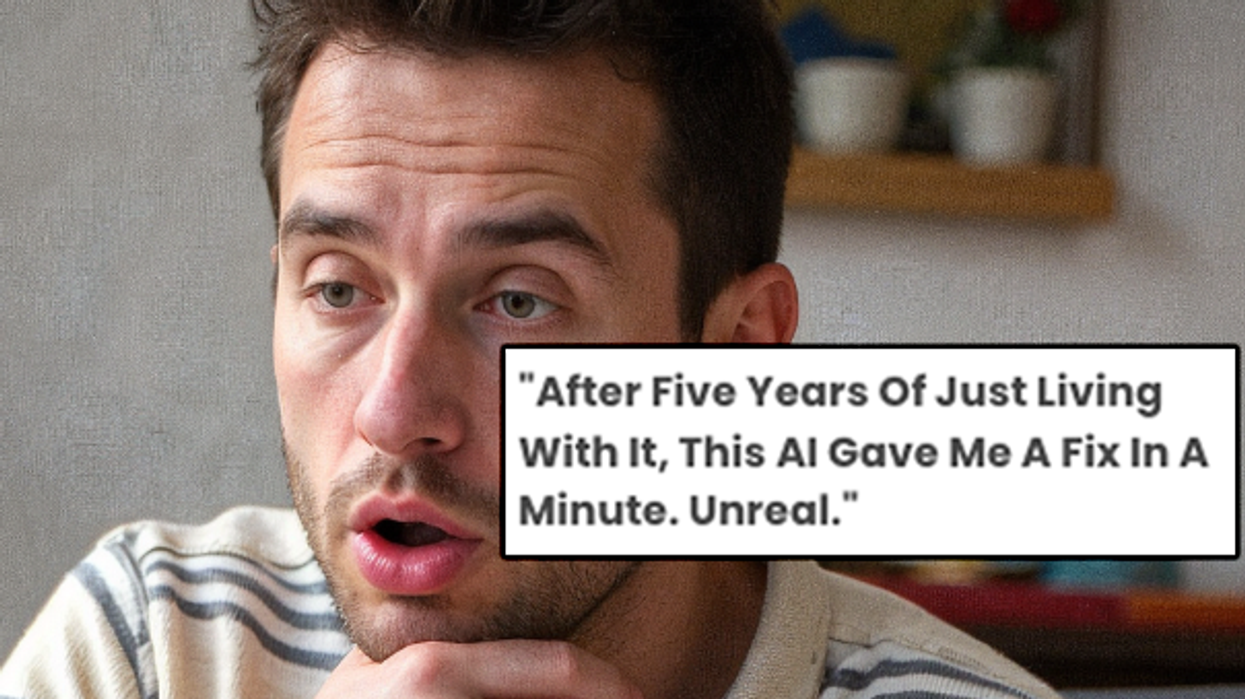





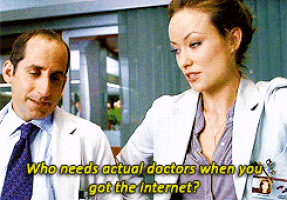
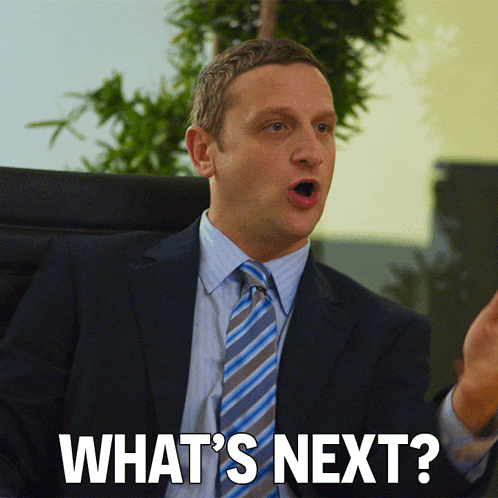





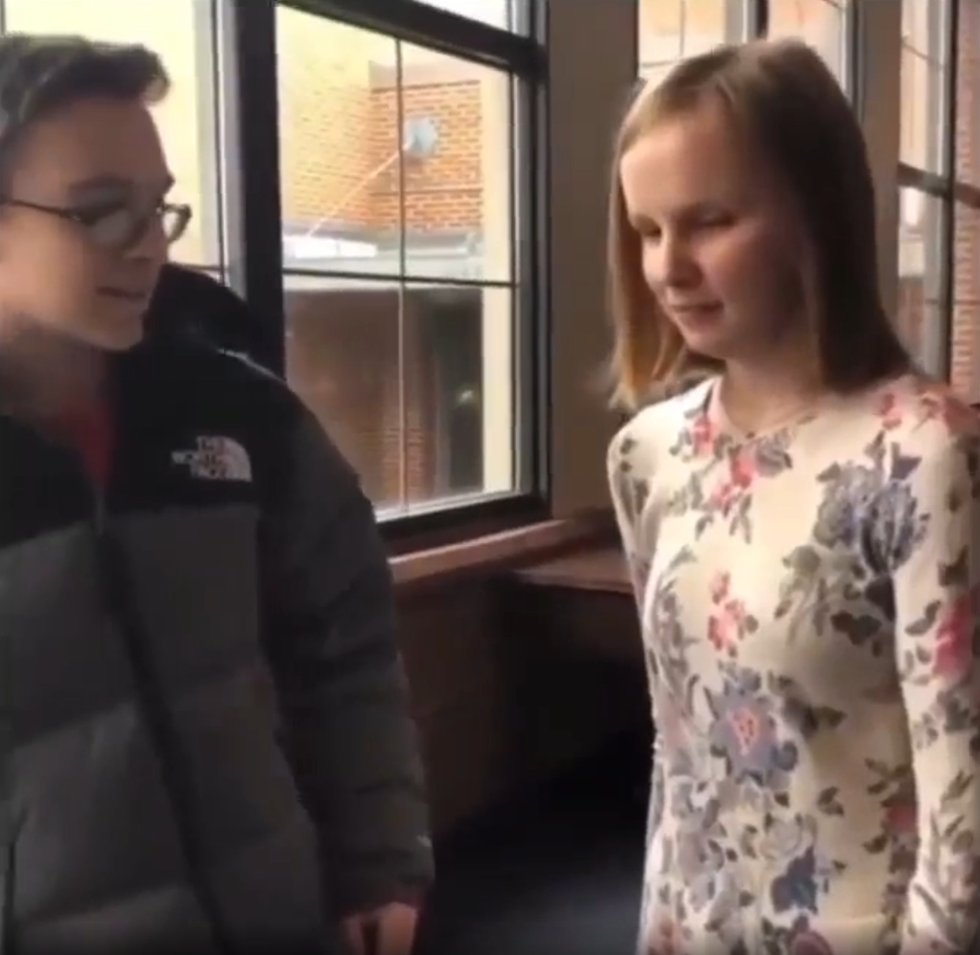 It wasn't even February, so she wasn't expecting what came next.
It wasn't even February, so she wasn't expecting what came next.  The hug came first, the 'yes' took a few moments more.
The hug came first, the 'yes' took a few moments more. 


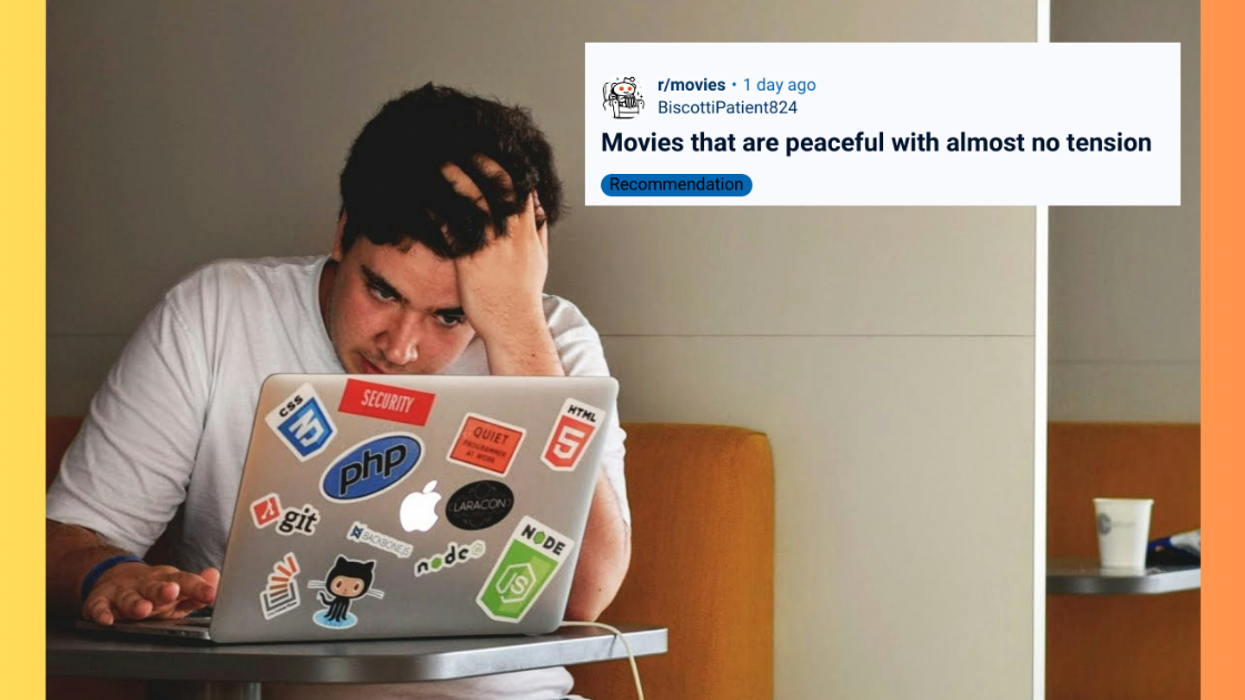
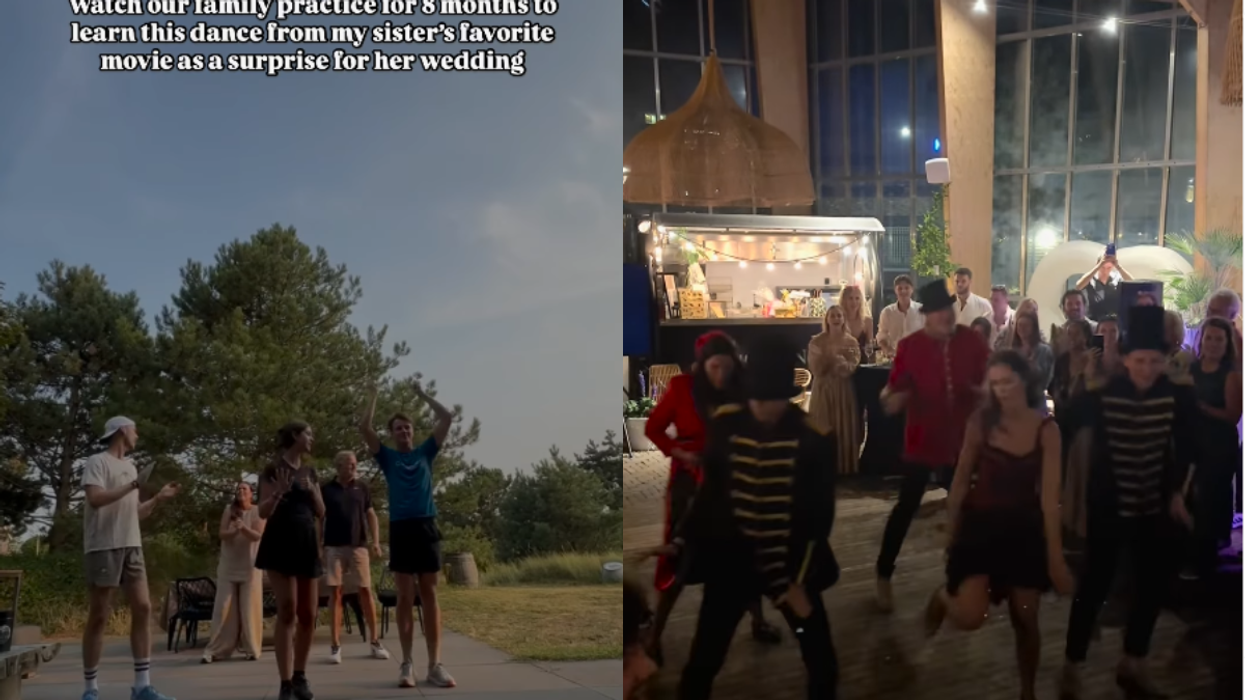


 Representative Image Source: Pexels | Oleksandr P
Representative Image Source: Pexels | Oleksandr P  Layout of the plane seatsImage Source: Mumsnet |
Layout of the plane seatsImage Source: Mumsnet | 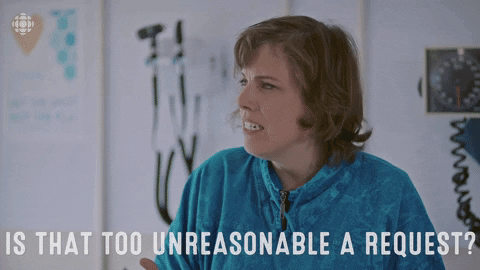


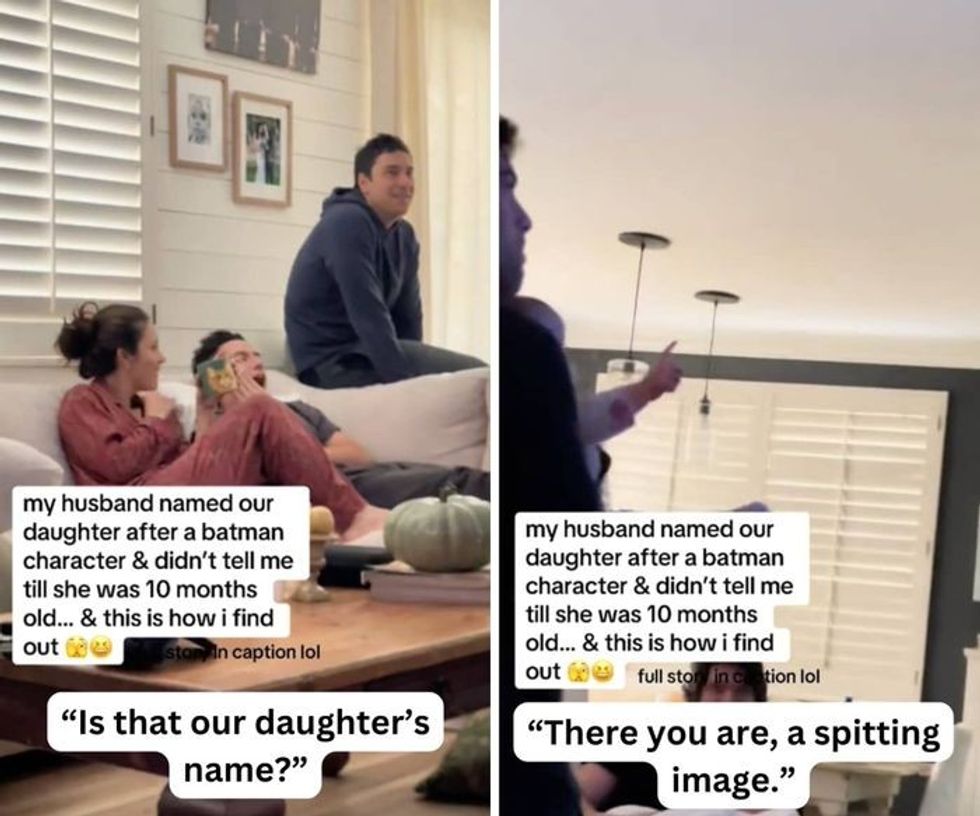
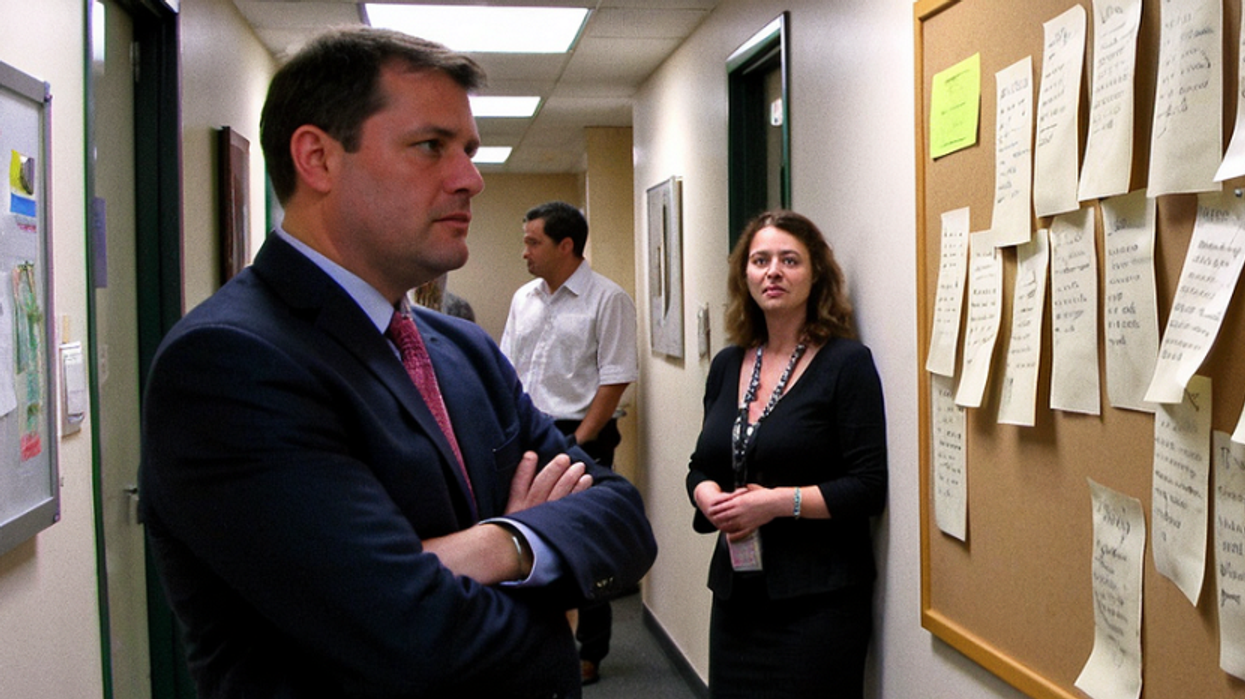
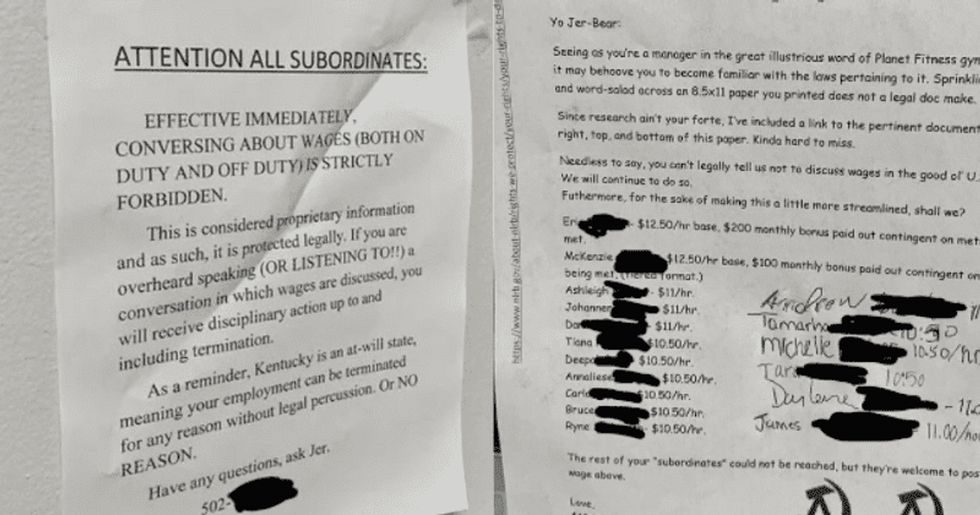 Image Source: Joshua Potash | Reddit
Image Source: Joshua Potash | Reddit 



 Representative photo by luis arias |
Representative photo by luis arias | 
 Representative photo by Jamie Lee |
Representative photo by Jamie Lee | 
